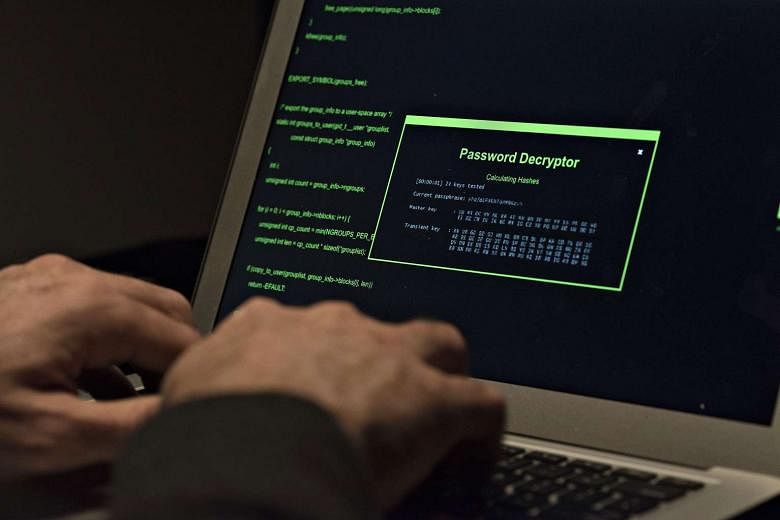THE HAGUE (AFP) - Dutch police revealed on Thursday they have arrested two young hackers who infiltrated a type of malware known as "ransomware" to access thousands of computers worldwide, before demanding money to unlock the machines.
The Dutch nationals, aged 18 and 22, "are suspected of sending a virus to tens of thousands of computers around the world," police spokesman Thomas Aling said.
The virus called "CoinVault", which first appeared in May 2014, managed to lock some 1,500 computers, all of which used the Windows operating system.
Most of the victims were in the Netherlands, Britain, Germany, France and the United States, said the cyber security company Kaspersky which aided Dutch police in the investigation.
A few dozen people paid the ransom to unblock their computers but "most refused," said Aling.
"Those victims who refused to pay lost their files, such as photos and holiday videos as well as presentations," he added.
Police did not say how much money was handed over to the two men, who were arrested on Monday in the central city of Amersfoort.
The hackers had apparently demanded payment in Bitcoins - a digital currency not backed by any government or central bank, which is very difficult to trace.
The men's identity was not revealed and they were remanded in custody when they appeared in a Rotterdam court on Thursday.
According to Kaspersky, a new version of CoinVault appeared in April 2015 which had phrases written "in flawless Dutch."
"Dutch is a relatively difficult language to write without any mistakes, so we suspected from the beginning of our research that there was a Dutch connection to the alleged malware authors," the company said in a statement.
According US cyber security experts Symantec, cases of "ransomware" more than doubled around the world in 2014.

